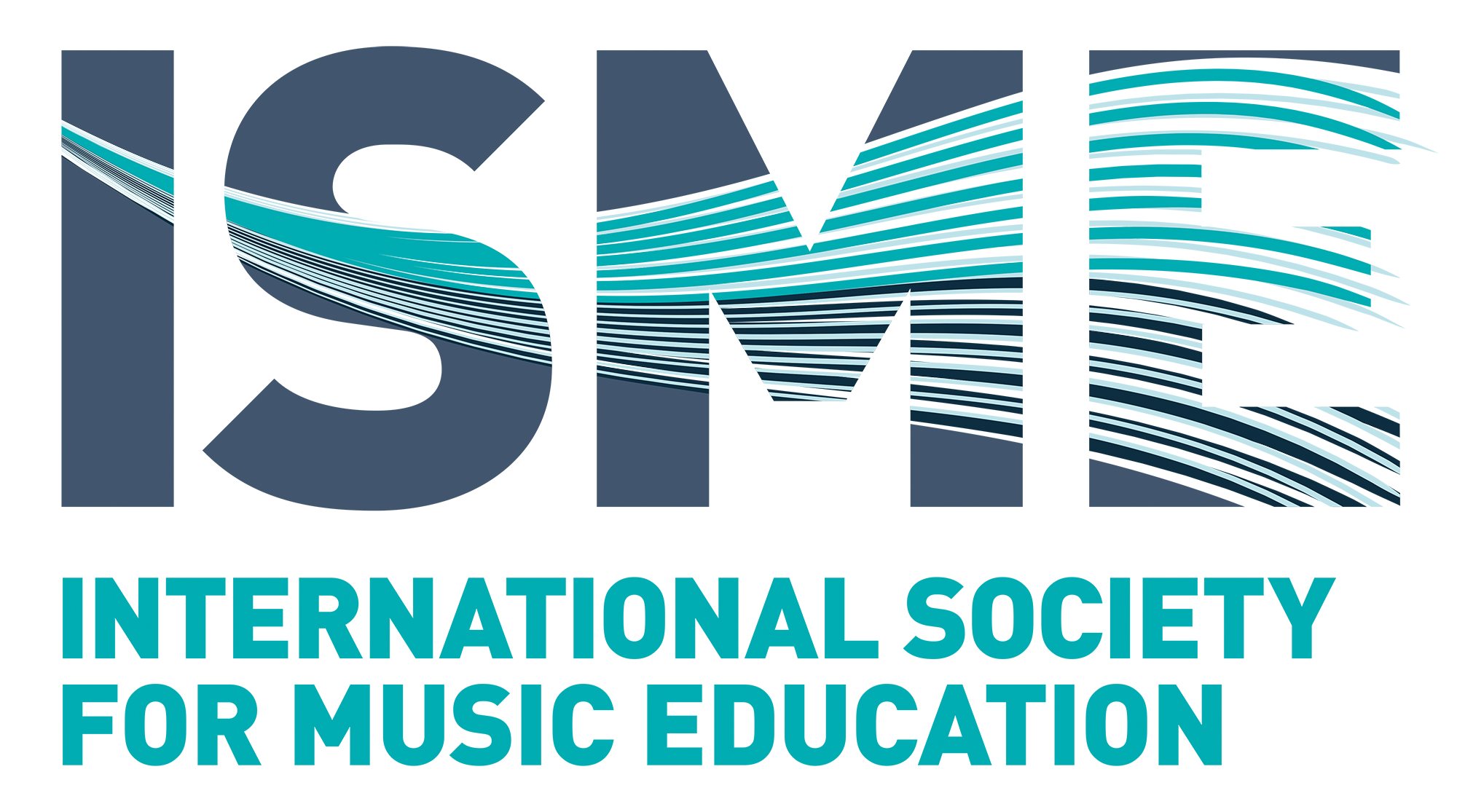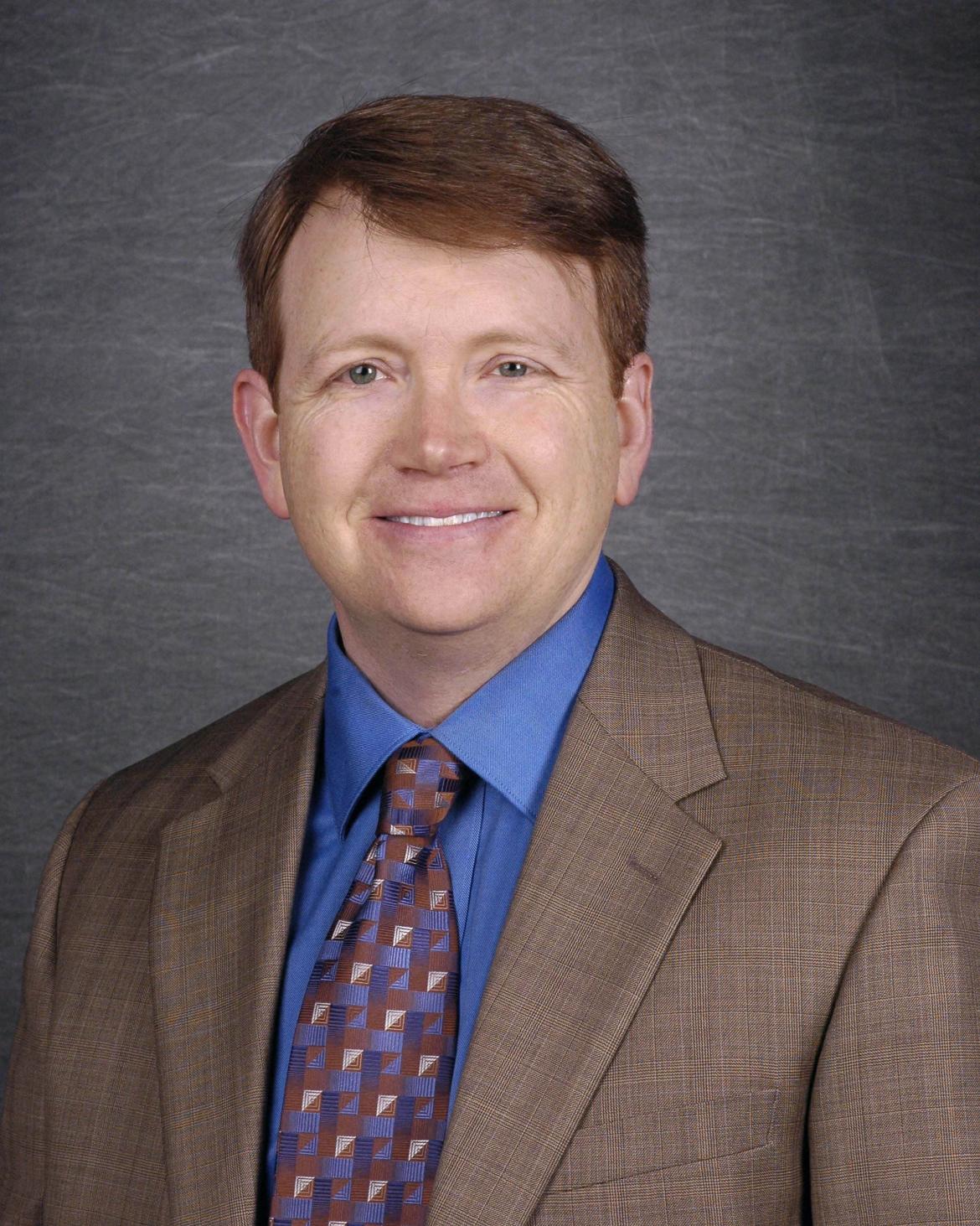Co-convenor, Applied Pedagogies Special Interest Group
Since the 2016 ISME World Conference in Glasgow, the Applied Pedagogies SIG has refocused its work to be more inclusive. We hosted a lively kick-off meeting at the last world conference and brain-stormed ideas to shape future work of this SIG. There, we attracted, reviewed, and sponsored an increased number of sessions. With an increased number of world conference submissions, we were able to be more selective in the session review process and expect to deliver excellent options for ISME delegates.
In the next biennium, our SIG plans to invite more specific types of presenters to present in a variety of formats (e.g. roundtables, workshops, demonstrations, and papers). We also plan to extend our focus on local culture by promoting examples of the host country’s applied music-making traditions.
With theseplans in mind, one new initiative is to facilitate dialogue among established music-making pedagogies as practiced by teachers and teacher-educators in different countries. We envision, for example, a roundtable on the Kodály method, Orff approach, or Dalcroze pedagogy with discussions about how teachers from different cultural traditions have either kept the essence the same and/or modified the pedagogy. Also, SIG organisers will work to publicise the variety and high quality of applied pedagogy offerings at the next world conference, and beyond. To do that, we will use our newly-established Facebook group.
Another new initiative of this SIG is to organise a pre-conference outreach with/for local music teachers. For example, volunteer members from this SIG aspire to hold a three day of teacher-education workshop that introduces and explains some of the most well-established pedagogies. Workshop leaders would demonstrate how those could be adapted to the local culture. Especially because local music teachers are less likely to register and attend the world conference, an outreach like this could be beneficial – for participating teachers, their students, and for the visibility of our SIG. A third activity (on the horizon) is a regular electronic newsletter edited by the SIG organisers and written by SIG members. Topics would include both nuts-and-bolts items of a practical nature while others would promote conference activities and idea sharing among ISME members.
As in previous conferences, this SIG regularly attracts enthusiastic delegates who seek to apply music learning pedagogies in hands-on and interactive sessions. To continue that tradition and balance the more theoretical topics offered by other SIGs, this SIG will continue to be an important addition to the next ISME conference. Accordingly, developmental activities for this SIG include recruiting local musicians and music teachers for interactive and informative conference sessions, especially those that share examples of music from the host country. Another activity is networking with authorities from different countries (cultures) representing established pedagogical traditions. By organising roundtables to discuss differences and similarities in their approach to the same pedagogical tradition, this SIG offers ways to engage local musicians and music teachers in recruitment efforts.
Respectfully Submitted,
Daniel Johnson
University of North Carolina Wilmington, USA













